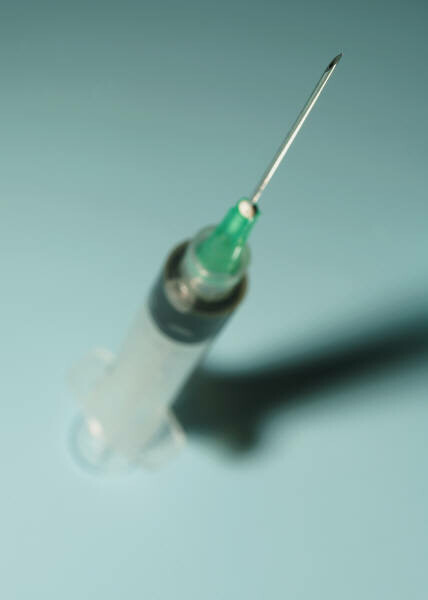
Please read this open letter from Dr. James Talbot, chief medical officer of health:
Vaccines are the most effective way to prevent vaccine-preventable diseases and are responsible for saving more lives than any other medical intervention.
Some people are hesitant when it comes to immunizing themselves and/or their children. Vaccines are safe and effective. Vaccines are passed through a rigorous testing process before they are approved for use in Canada. The risk of not being immunized is far greater than the rare side effects of vaccines.
For immunization to protect a community such as a school, the majority of that community must be immunized. The more people immunized, the less opportunity disease has to spread.
Immunization is especially important when starting a new school year. Parents of children between the ages of four and six years are reminded that their child may be due for any or all of the following vaccines:
• measles, mumps, rubella and varicella (MMRV);
• diphtheria, tetanus, pertussis, polio (DTaP-IPV);
• pneumococcal (PCV13)
• meningococcal C (Men C)
Measles can spread rapidly within a school. It is an extremely contagious and potentially severe illness. In addition to fever, ear infections, rash and pneumonia, some rare complications can also occur such as encephalitis (brain swelling), seizures and death. The best way to protect children and adults from measles is to make sure their measles immunizations are up to date.
It is important to note that if a school has a staff member/child who has measles and has been in the school while infectious, other staff and children will need to show proof of immunity to measles. If staff and students do not have proof of two doses of measles vaccine, they will not be able to return to school until three weeks after the last case of measles detected in the school, unless they are assessed as immune by local public health. If a child contracts measles, they are also required to stay home until four days after the onset of the measles rash.
October brings influenza season and as per Alberta Influenza Immunization Policy, the influenza vaccine is provided free-of-charge to all Albertan residents. You may access the influenza vaccine through your local public health office during the numerous influenza drop-in clinics that will be available beginning October 20, 2014. More information is available on Alberta Health Services' influenza website: www.albertahealthservices.ca/influenza.asp.
Albertans who are uncertain of their immunization history or their child's immunization history, can call their local public health office or Health Link Alberta (1-866-408-5465) to discuss. For students and staff who were immunized outside of Alberta, it is highly recommended that they obtain a copy of their immunization record and have it readily available and translated into English, if the record is in a different language.
For further information please visit Alberta Health Services' immunization webpage at: www.immunizealberta.ca.
Thank you for your attention to this significant health issue and please share this information with your administrators, school staff and parents/guardians.
Yours sincerely,
James Talbot, MD, PhD, FRCPC
Chief Medical Officer of Health

